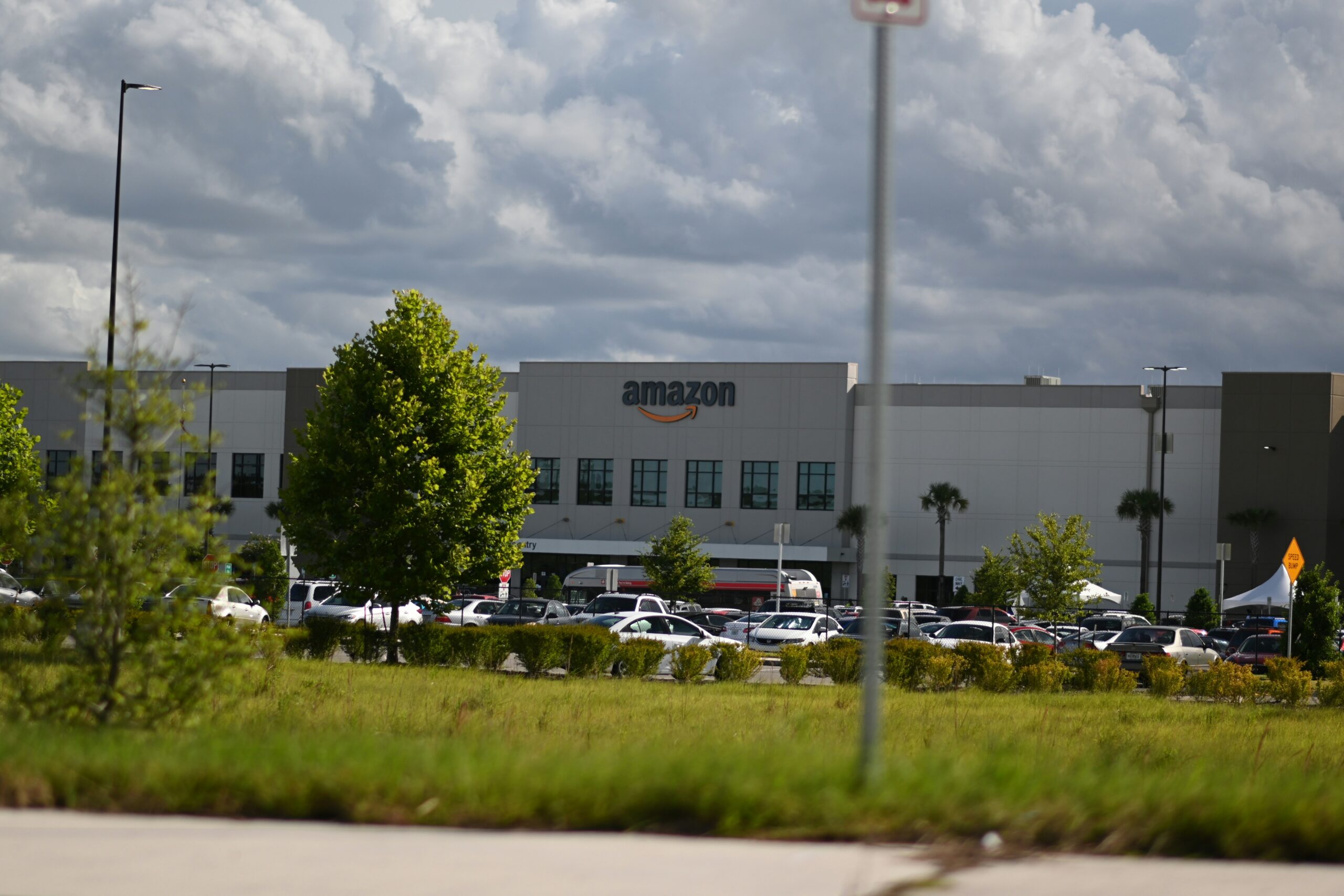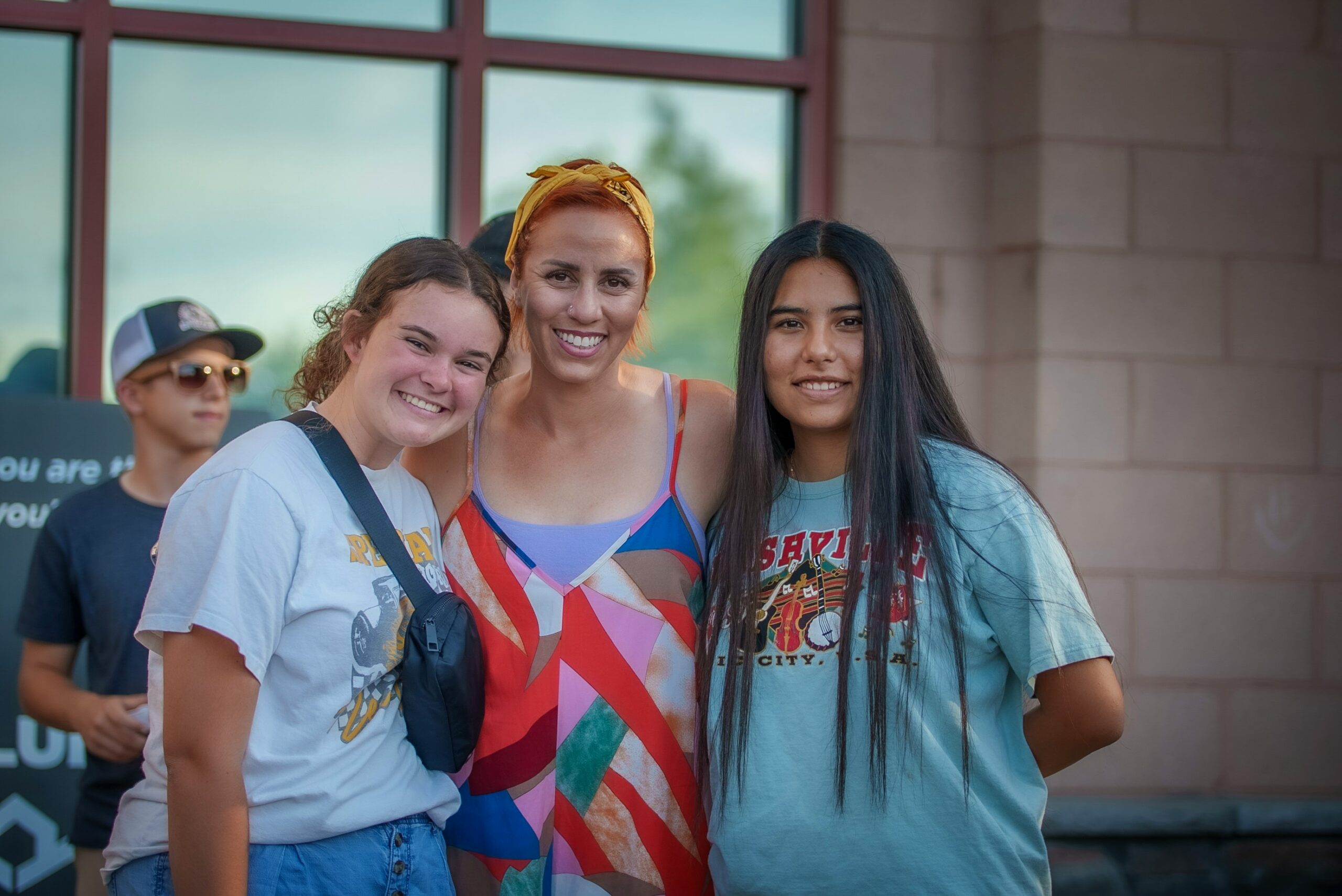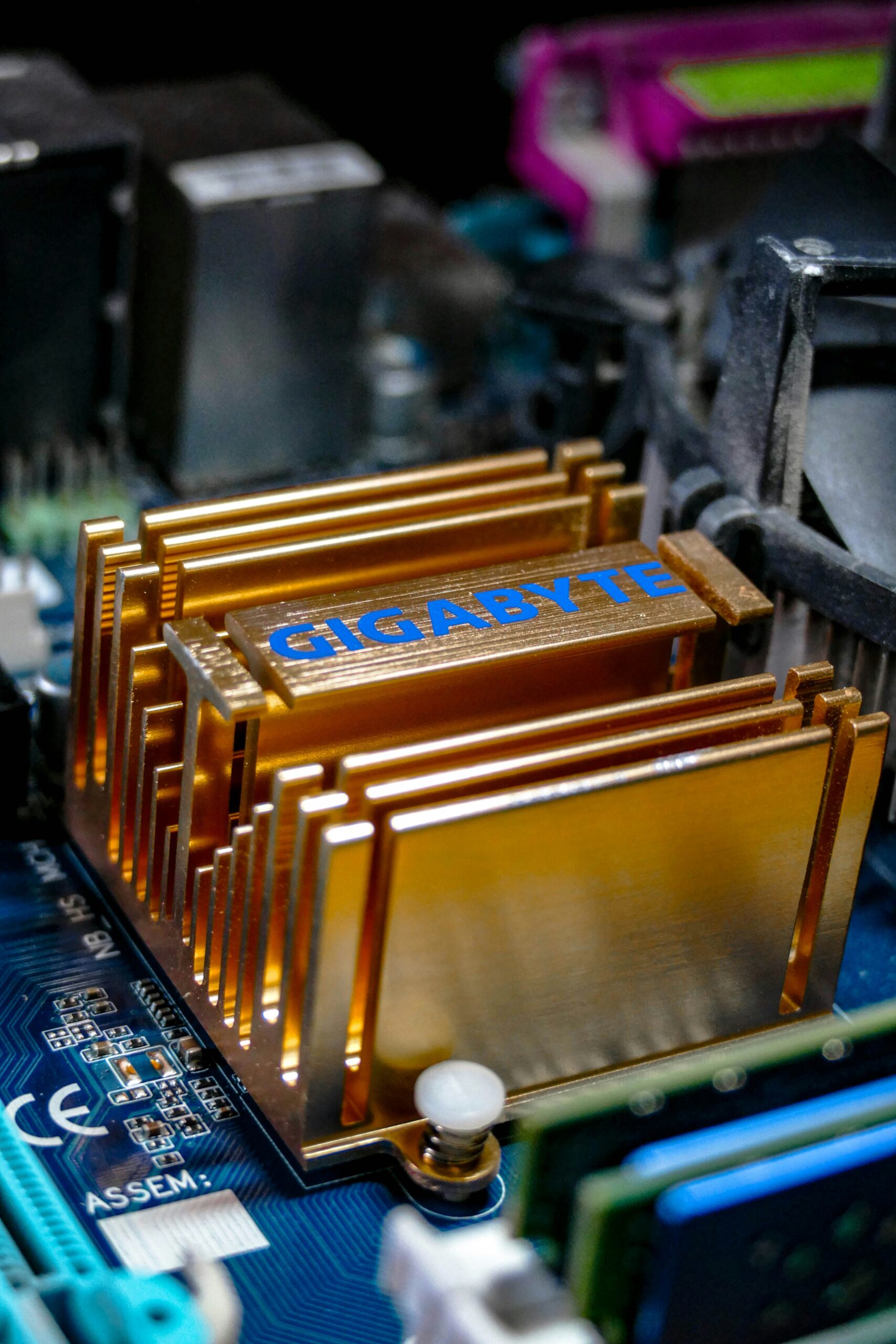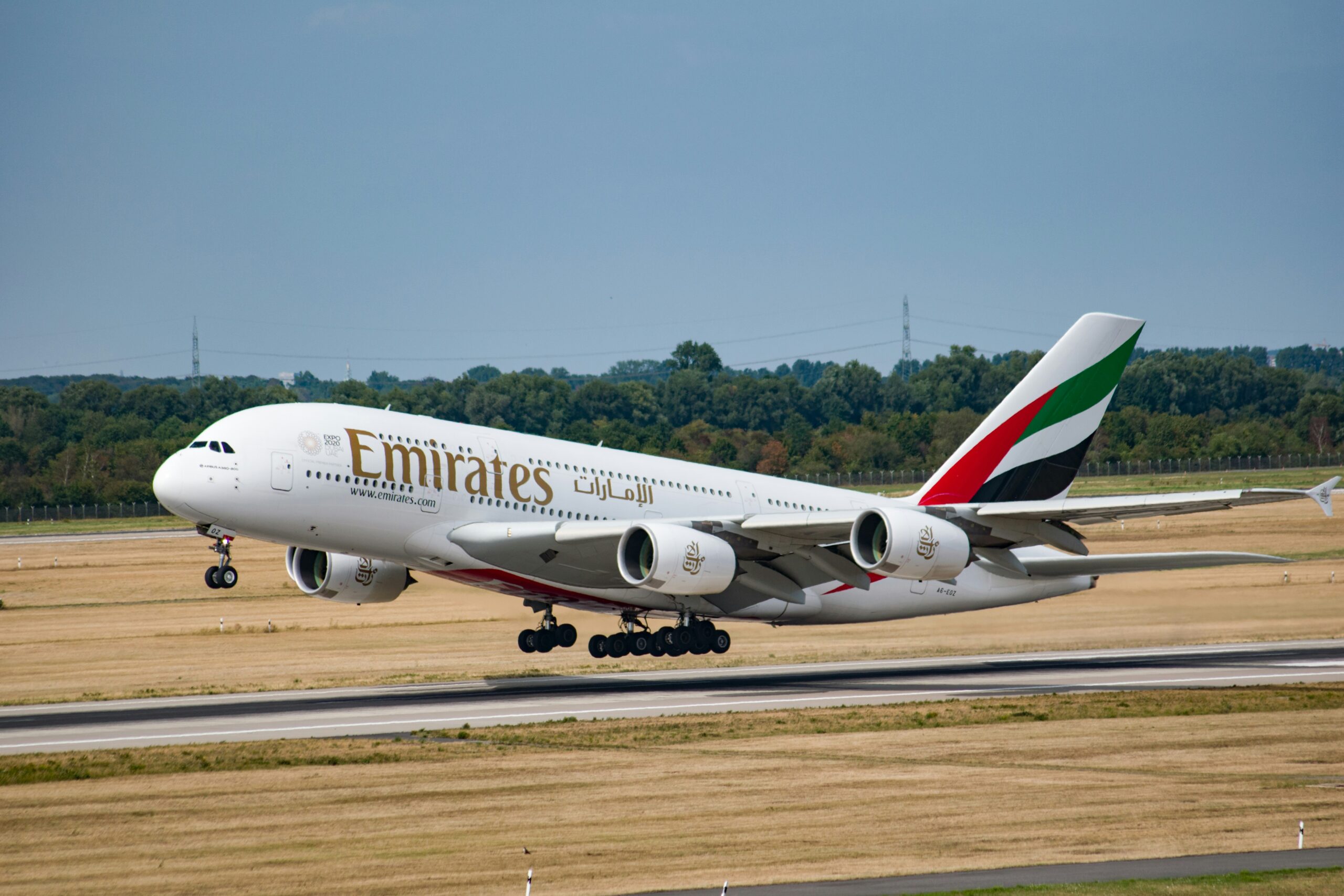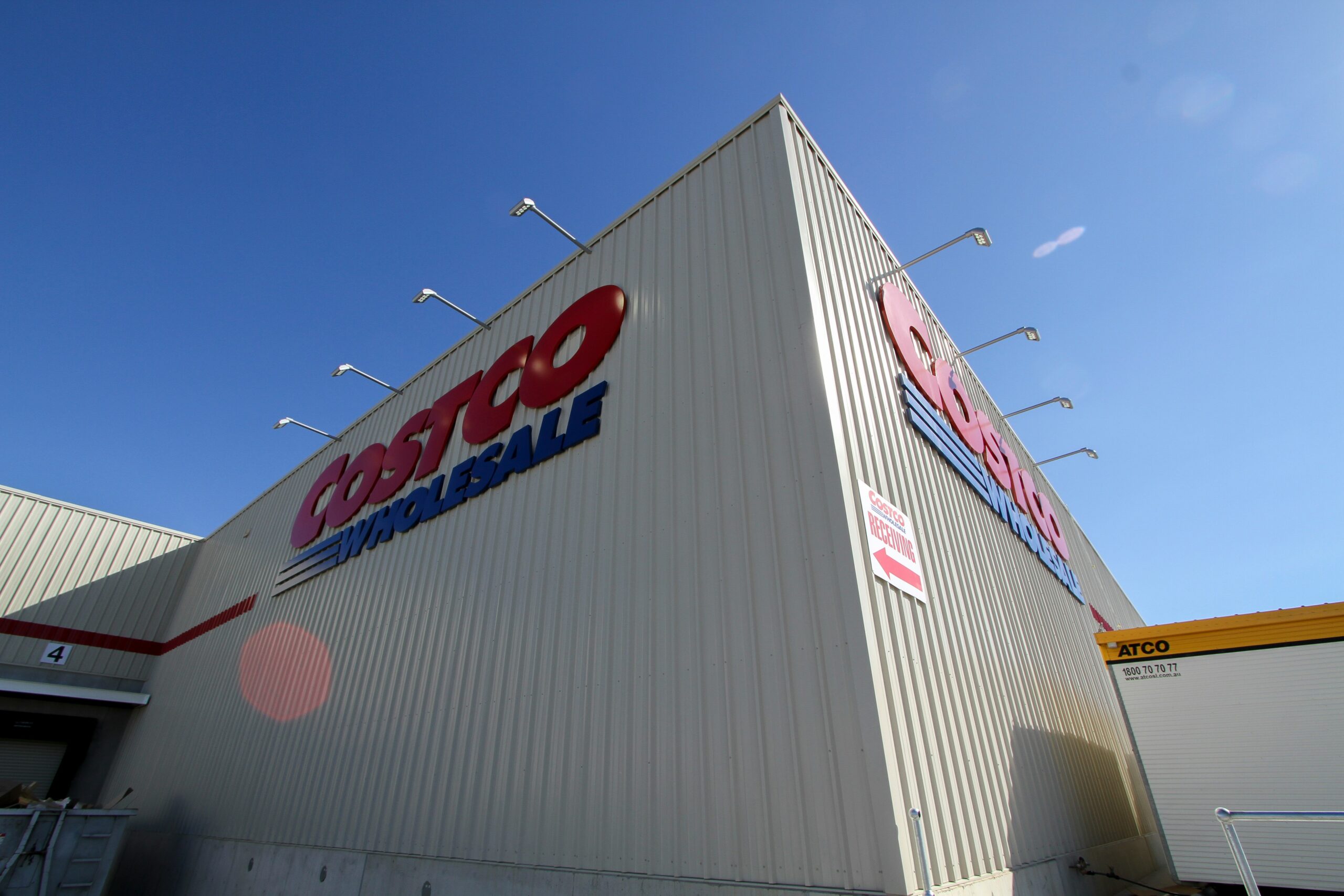Jennifer de la Cruz was working two jobs and living paycheck to paycheck when she learned about semiconductor manufacturing through an unexpected source: Fresh Start Women’s Foundation, a Phoenix-based nonprofit that connects women from underrepresented communities to career opportunities.
Four months later, the 26-year-old single mother of two young children trades her multiple-job schedule for a stable position as an equipment technician apprentice at TSMC Arizona, working four days on and three days off while earning certifications that position her for long-term career growth.
“Before TSMC, I was working two jobs and living paycheck to paycheck,” de la Cruz said during a recent interview. “I feel like being here, it’s been good not only for financial stability, but I’ve been able to save up money, and now I’m trying to give my kids a better future.”
Her journey from job insecurity to career stability illustrates how the world’s largest contract chipmaker has woven workforce development into Arizona’s existing community infrastructure, creating pathways that extend far beyond traditional corporate recruiting.
Building on Existing Community Networks
De la Cruz discovered semiconductor manufacturing through Fresh Start Foundation’s partnership with Maricopa Community Colleges’ Semiconductor Technician Quick Start program. The 10-day evening program, launched in 2022 through partnerships with Intel and TSMC, has certified over 900 students since its inception, with more than half representing first-generation college students and over two-thirds from communities of color.
“I wasn’t really geared into the tech direction,” de la Cruz explained. “It was just something that came up, and I had the opportunity to try it ou,t and it’s something that I liked.”
The program’s evening schedule accommodated de la Cruz’s work obligations, and the hands-on laboratory work appealed to her problem-solving inclinations. More importantly, she found herself among 12 other women in her cohort—a demographic focus that emerged from Fresh Start Foundation’s targeted outreach efforts.
“I was the youngest one in the class and they all helped me,” she recalled. “When I was like, okay, ‘I can’t do this’, everyone said, ‘We’re doing it, you can do it.’”
From Training to Apprenticeship
After completing Quick Start certification, de la Cruz spent five months exploring other opportunities before ultimately choosing TSMC’s apprenticeship program over competing job offers. The apprenticeship model appealed to her because of its extended training timeline and mentorship structure.
“I like that I had a lot more time to get familiarized with the equipment, the people, and what I would be doing,” she said.
TSMC committed over $5 million to its Arizona apprenticeship programs, which launched in November 2024 and target facility technicians, manufacturing technicians, process engineering technicians, and equipment technicians. The company plans to train 150 technicians and manufacturing specialists over five years through the registered apprenticeship model and specialized course curriculum.
The apprenticeship approach allows participants to earn full-time wages while accumulating college certifications, addressing a critical barrier for workers who cannot afford to stop earning income during training periods.
Economic Impact Beyond the Fab
De la Cruz’s transformation from multiple part-time positions to one stable career reflects broader economic patterns emerging around TSMC’s Arizona operations. Her work schedule—four 10-hour days followed by three days off—provides the family stability that two separate jobs never could.
“With my two jobs, I was only having one day off, and that’s the only time that I would get to see them,” she said of her young children. “But now, I get four days off and three days off, and I think they enjoy being with me a lot.”
The ripple effects extend through her extended family network. At a recent family dinner, she discovered that one brother-in-law has been applying to TSMC while another already works there in construction, building additional fabrication facilities.
This word-of-mouth recruitment pattern reflects TSMC Arizona’s broader community integration. The company projects creating 6,000 direct high-tech jobs across three fabrication plants, with tens of thousands of additional construction and supplier positions supporting the operation.
Collaborative Work Culture
Despite transitioning from an all-female training cohort to being the only woman in her equipment technician department, de la Cruz describes a supportive work environment where experienced colleagues provide ongoing mentorship.
“All the guys have taken me under their wing and they’ve been helping me with everything that I don’t understand,” she said. “I feel like they’ve been more patient with me in learning some of the aspects of troubleshooting.”
This mentorship approach appears systematic rather than informal. When de la Cruz needs to learn new equipment maintenance procedures, supervisors pair her with different experienced technicians across multiple training sessions until she identifies the colleagues she works with most effectively.
The collaborative culture extends to cultural integration as well. Taiwanese engineers in her department regularly share traditional foods and snacks, while the company cafeteria serves Taiwanese cuisine alongside American options.
Scaling Community Partnerships
TSMC’s approach leverages Arizona’s existing educational and nonprofit infrastructure rather than building parallel systems. The company works through established institutions like Maricopa Community Colleges, Arizona State University, Northern Arizona University, Grand Canyon University and community organizations like Fresh Start Foundation to reach potential workers.
This partnership model appears scalable. Maricopa Community Colleges received a $1.7 million grant from the National Semiconductor Technology Center Workforce Partners Alliance to expand its semiconductor technician training offerings and launch the Maricopa Accelerated Semiconductor Training program.
The Arizona Commerce Authority committed $4 million to support registered apprenticeship programs in the semiconductor industry, while philanthropic organizations pledged $5 million to provide supportive services for 1,500 Arizonans entering high-demand manufacturing positions.
Long-term Career Pathways
For de la Cruz, the apprenticeship represents the beginning of a potential decades-long career trajectory. TSMC’s planned expansion to six fabrication facilities in Arizona means multiple opportunities for advancement and lateral movement within the company’s operations.
“I’d like to stay with TSMC for a long time,” she said when asked about job stability priorities.
Her current goal focuses on mastering independent equipment maintenance by the end of her apprenticeship period, though she acknowledges feeling nervous about working solo despite growing confidence in her abilities.
The broader question facing Arizona’s semiconductor ecosystem involves whether community partnership models can scale to meet industry demand. TSMC projects needing 6,000 employees across its first three planned facilities, while Intel’s expanded Arizona operations and other semiconductor investments create competing demand for similarly trained workers.
De la Cruz’s journey from economic instability to career pathway suggests that connecting workforce development to existing community networks can produce sustainable results for both companies and families. Whether this model can replicate at the scale required to support Arizona’s semiconductor ambitions remains an open question, but early indicators point toward measurable success in transforming individual lives while building the skilled workforce that advanced manufacturing requires.
Written in partnership with Tom White











